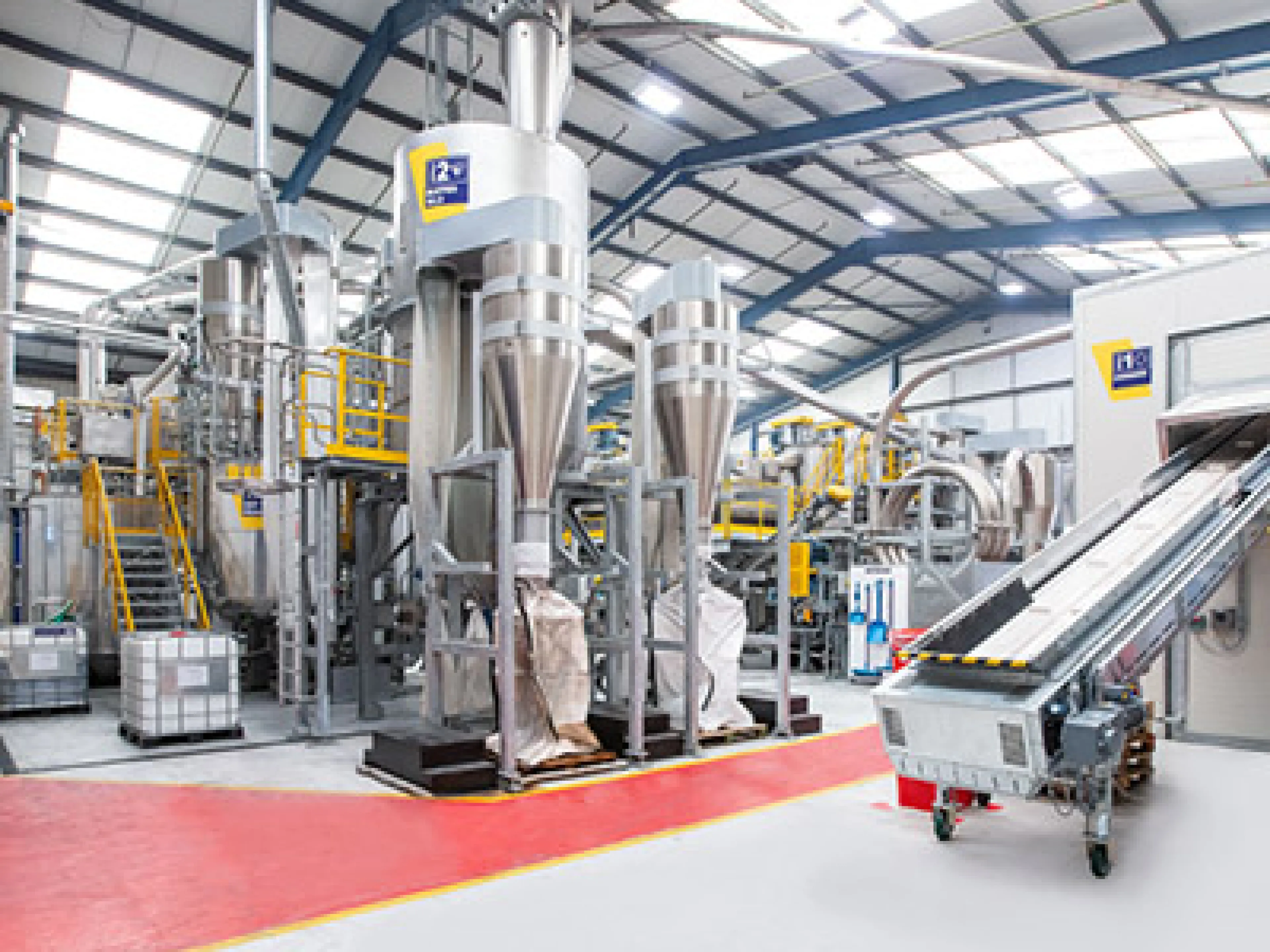
The Advanced Recycling Conference 2025 (ARC for short) is setting the stage for innovation. The event is renowned for its unique blend of hands-on recycling solutions and cutting-edge research in advanced recycling technologies. Taking place on November 19-20 in Cologne, Germany, ARC 2025 continues to be the benchmark for innovation in recycling. The industry faces increasing pressure, ambitious EU targets and evolving market demands. ARC 2025 offers a vital platform for industry leaders, researchers, investors, and policymakers to explore practical solutions and visionary concepts.
Researchers and industry professionals are invited to share their latest achievements by submitting abstracts by 31 July 2025 and present groundbreaking work to a global audience of experts. Abstract submission is open at the website of the organizer.
Wide range of technologies from extrusion to dissolution, solvolysis, enzymolysis up to pyrolysis
The Advanced Recycling Conference 2025 will cover a wide range of technologies. These include extrusion, dissolution, solvolysis, enzymolysis, pyrolysis and many more such as pre- and post-treatment technologies such as sorting/identification and upgrading. In addition, it offers digital solutions such as the use of AI, blockchain as well as life cycle assessments. Focusing on fostering partnerships and effective value chains, ARC 2025 provides numerous opportunities for networking between technology providers, related industries, waste management companies, brands, investors, policy makers and scientists.
Highlights of Advanced Recycling Conference 2025
ARC has established itself as the go-to conference for those seeking insights into both practical applications and forward-thinking research in advanced recycling. The event will delve into crucial topics such as optimal technology selection for various waste streams, methodologies for evaluating environmental impact, and emerging technologies with potential areas of application. A dedicated session on policy will discuss framework conditions necessary to foster investments in this field.









